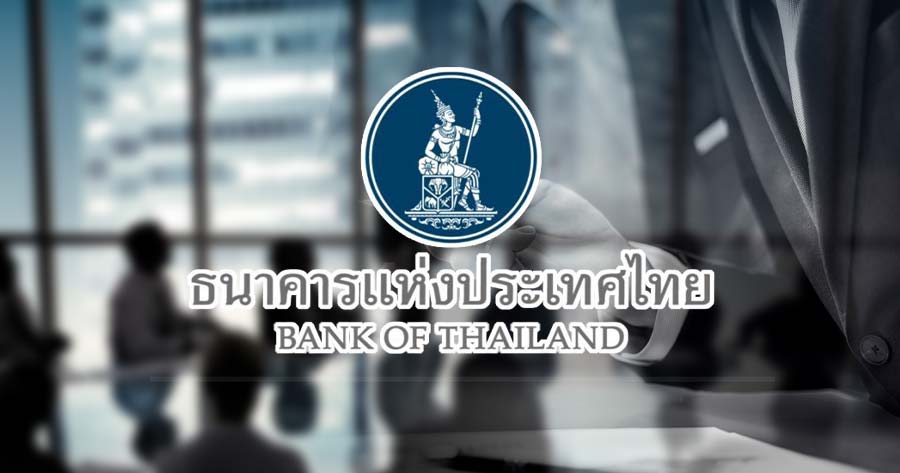A Reuters poll of economists indicates that the Bank of Thailand (BOT) is likely to keep its key interest rate at 2.50% for the fourth consecutive meeting on June 12, as 24 out of 27 economists foresee rates remaining stable until the final quarter of the year.
Despite inflation staying below the BOT’s upper limit of 3% for over a year, the Thai baht has depreciated by approximately 6% this year. This development suggests that the central bank may wait for the U.S. Federal Reserve to initiate interest rate cuts before taking similar action.
While three economists in the poll anticipated a 25 basis-point rate reduction, most analysts expect the BOT to maintain the current one-day repurchase rate at 2.50% in June. The government is in favor of a rate cut to stimulate the economy, but the central bank has held firm, emphasizing that the existing interest rate supports macro-financial stability.
The consensus among economists points towards interest rates remaining unchanged up to the third quarter, with a projected 25 basis-point reduction by the end of 2024. In contrast to an earlier forecast of a 50 basis-point cut in the third quarter from an April survey, the latest median outlook suggests a more cautious approach.
Looking ahead, 15 out of 26 economists anticipate interest rates at 2.25% or lower by the end of 2024, while 11 foresee rates remaining at 2.50%. Some experts believe that the BOT will postpone rate cuts until after the Federal Reserve acts to prevent further weakening of the baht, which could elevate import costs and exacerbate inflationary pressures.
Late last month, an analyst from Goldman Sachs Group Inc. wrote in a note that anticipates a shift in the Bank of Thailand’s monetary policy trajectory to be in the first half of 2025 instead of the initially anticipated second half of this year.
Goldman Sachs strategists reiterated their pessimism on both interest rates and foreign exchange, citing the expanded fiscal deficit as a key factor heightening financing requirements.
Furthermore, they highlighted the subdued performance of the Thai baht due to substantial differentials between Thai and US interest rates, along with growth differentials vis-a-vis neighboring economies.





